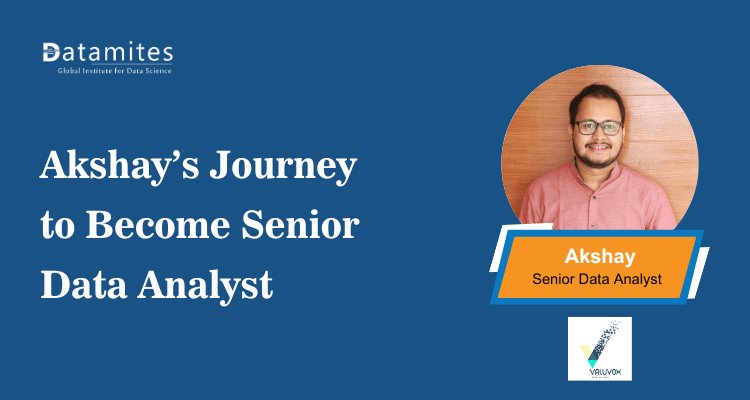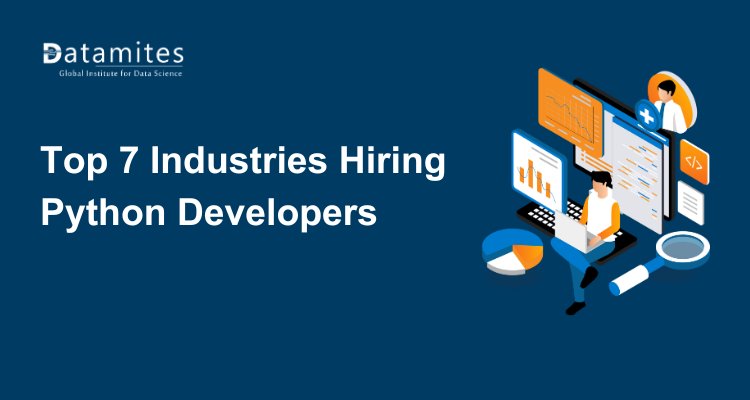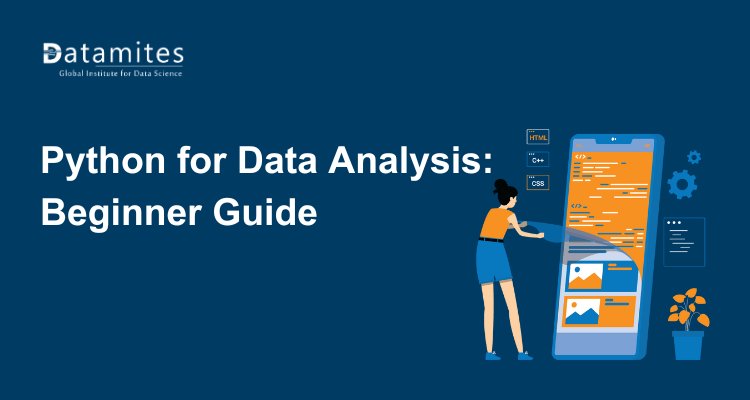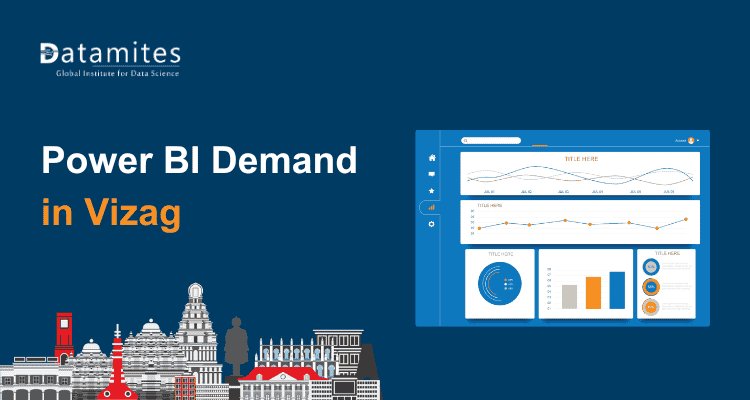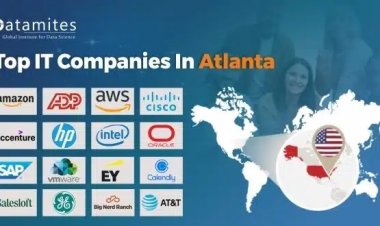How Data Science is Transforming Marketing in 2025
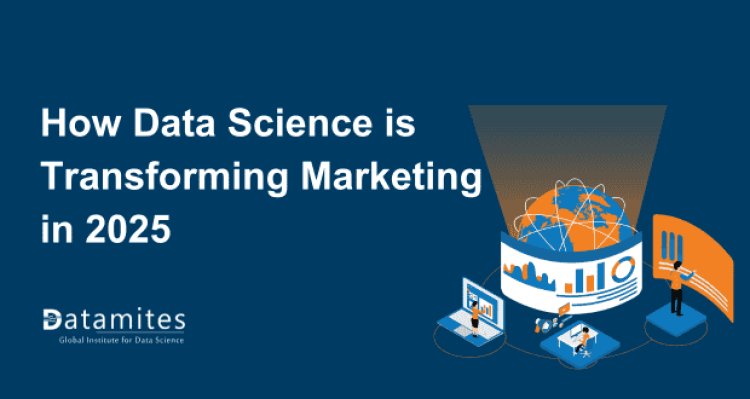
As of 2024, a staggering 90% of companies actively leverage data science in their marketing strategies. The undeniable rise of data has transformed how marketers operate, making decisions that are not only data-driven but data-dependent.
In 2025, data science is no longer just a helpful tool in marketing; it’s a game-changer. Data science techniques empower marketers to predict customer behavior, personalize campaigns, and optimize results at levels previously unimaginable. This blog delves into how data science is reshaping marketing, highlighting techniques, tools, and strategies to stay competitive in today’s data-centric landscape.
Data Science in Marketing
Data science is a multidisciplinary field that harnesses the power of statistics, mathematics, and machine learning to analyze and interpret complex data sets. In the realm of marketing, data science encompasses the gathering, processing, and analysis of customer information to drive informed decision-making. By drawing patterns from past behavior, marketers can predict future trends with remarkable accuracy.
Importance of Data Science in Modern Marketing
Marketing is increasingly about understanding the consumer better than ever before. With data science, marketing has become more precise, targeted, and impactful. In 2025, data science enables marketers to make:
- Informed, data-driven decisions that reduce guesswork
- Personalized connections with customers through tailored messages
- Anticipating customer actions to facilitate proactive engagement
Data science's influence on marketing strategies means brands can deliver exactly what the customer wants, often before the customer even realizes it.
Refer these articles:
- Data Science Pitfalls and How to Avoid Them
- How to Transition into a Data Science Career from a Non-Technical Background
- Introduction to Data Visualization in Data Science
Key Data Science Techniques in Marketing
In marketing, data science techniques are essential for understanding customer behavior, optimizing campaigns, and personalizing experiences. Here are two key data science techniques widely used in the field:
Predictive Analytics
Predictive analytics entails leveraging past data to anticipate future patterns and actions. In marketing, it allows brands to predict which products or services are likely to resonate with a specific audience segment. Companies like Amazon and Netflix have successfully utilized predictive analytics to provide relevant product recommendations and content suggestions.
- Applications: Customer behavior forecasting, inventory management, and trend analysis.
- Impact: Increases relevance of marketing efforts, leading to higher engagement and conversions.
Machine Learning and Artificial Intelligence
Machine learning enables marketers to segment audiences and personalize interactions at scale. Algorithms like clustering and classification allow for a refined understanding of customer segments, which in turn allows for better targeting.
- Personalization: Dynamic product recommendations and targeted ads
- Customer Retention: Enhanced by AI-driven strategies that adapt to user preferences in real time
Natural Language Processing (NLP)
With NLP, brands can analyze customer sentiment and feedback across social media, surveys, and more. NLP also powers chatbots, which can engage customers instantly, providing real-time assistance and boosting satisfaction.
- Sentiment Analysis: Understand how customers feel about a brand or product.
- Customer Service: NLP-driven chatbots enhance customer support, providing instant responses and improving user experience.
Leveraging Data Science to Transform Customer Experience
Leveraging data science to transform customer experience is a powerful strategy that many organizations are adopting to enhance engagement, satisfaction, and loyalty. Here’s a comprehensive look at how data science can be applied to improve customer experience across various stages:
Personalization Strategies
In 2025, personalization is no longer just about using the customer’s name in an email. With data science, brands can craft hyper-personalized experiences based on customer preferences, purchase history, and browsing behavior.
- Product Recommendations: Suggest products based on past purchases or preferences.
- Targeted Ads: Deliver ads that cater to a customer’s unique interests and habits.
Customer Journey Mapping
Mapping out the customer journey is essential for a seamless brand experience. Data analytics help marketers understand how customers interact with their brand at each touchpoint, allowing them to refine the journey.
- Understanding Pain Points: Identify areas where customers may face obstacles and improve them.
- Optimization: Adjust marketing strategies to ensure a smoother, more engaging journey.
Feedback Loops
Data science empowers continuous feedback loops by analyzing real-time customer interactions. Marketers can gauge customer satisfaction and make on-the-fly adjustments.
- Improved Engagement: Engage with customer feedback to foster deeper connections and enhance relationships.
- Enhanced Strategies: Adjust marketing approaches based on real-time insights.
Read these articles:
- What is Certified Data Scientist Course
- Data Science Career Scope in India
- How to Become A Data Scientist
Optimizing Marketing Campaigns Through Data Science
Optimizing marketing campaigns through data science involves leveraging various analytical techniques and data-driven strategies to improve the effectiveness of marketing efforts. Here are several important elements and stages that are part of this process:
A/B Testing and Experimentation
Data science has amplified the effectiveness of A/B testing, allowing marketers to experiment with various approaches and optimize campaigns based on actual data rather than intuition.
- Efficient Strategy: Identify the most effective message, layout, or call-to-action.
- Data-Driven Decisions: Implement strategies backed by empirical evidence, reducing guesswork.
Real-time Analytics
Real-time data analytics provide insights into campaign performance as they happen, enabling marketers to adjust tactics in real time.
- Quick Adjustments: Shift resources to high-performing channels.
- Immediate Response: Improve campaign performance by capitalizing on real-time data insights.
Performance Metrics
Data science helps in setting clear KPIs that are measurable and aligned with business goals. Tracking these metrics ensures that marketing strategies stay on course.
- Enhanced Accountability: KPIs allow marketers to monitor the ROI of their campaigns.
- Focused Optimization: Direct resources toward achieving quantifiable results.
Transforming Marketing: The AI and Machine Learning Revolution
The integration of AI and machine learning in marketing is revolutionizing how businesses interact with consumers, making strategies more effective and personalized. Here’s a comprehensive look at how these technologies are reshaping the marketing landscape.
AI and Machine Learning Technologies
- AI-Powered Customer Engagement: AI technologies have fundamentally changed the way brands connect with their customers. By analyzing vast amounts of data, businesses can create targeted marketing campaigns that resonate with specific audiences.
- Recommendation Engines:
- Personalization: AI-driven recommendation engines analyze user behavior, preferences, and past purchases to provide personalized product suggestions. This enhances the shopping experience and drives conversions by showing customers items they are more likely to buy.
3. Automated Content Creation:
- Efficiency: AI tools can generate marketing content tailored to different audience segments, from social media posts to email campaigns. This automation empowers marketers to enhance their efforts while ensuring a uniform brand voice is upheld across all channels.
- A/B Testing: Machine learning algorithms can also optimize content by analyzing performance data and making adjustments in real time, ensuring that the most effective messages reach consumers.
Refer these articles:
- Data Science Career Scope in Hyderabad
- Data Science Career Scope in Pune
- Data Science Career Scope in Bangalore
Future Trends in Data Science and Marketing
The intersection of data science and marketing is evolving rapidly, driven by advancements in technology and changes in consumer behavior. Here are several significant trends that are influencing the future of this field:
- AI and Machine Learning: These technologies are increasingly used for predictive analytics, enabling marketers to anticipate customer needs and personalize offerings. Automated content generation and chatbots are enhancing customer interactions and engagement.
- Data Privacy and Ethics: As regulations like GDPR and CCPA become more prevalent, marketers must navigate data collection and usage carefully. Emphasizing transparency and ethical data practices will build consumer trust.
- Real-Time Analytics: The demand for immediate insights is growing. Marketers will utilize real-time data to swiftly make informed decisions, allowing them to adjust campaigns dynamically as needed.
- Integration of IoT and Big Data: The growing number of connected devices produces an enormous volume of data. Marketers will harness this data to gain deeper insights into customer behavior and preferences.
- Visual and Voice Search: As technology evolves, so do search behaviors. Marketers will need to optimize content for visual and voice searches, ensuring accessibility and relevance.
Overall, the future of data science in marketing will be characterized by enhanced personalization, improved customer experiences, and a stronger focus on ethical practices.
Data science has firmly established itself as the backbone of modern marketing strategies in 2025. By embracing data science through data science courses, training, and certification, marketers can stay competitive, deliver highly personalized campaigns, and continuously optimize customer experience.
DataMites is a leading training and certification provider dedicated to empowering individuals in the fields of data science, artificial intelligence, machine learning, and analytics. Our comprehensive curriculum, which includes Data Science Course Training, Data Analyst Training, Artificial Intelligence Training, Python Developer Course, and Data Engineer Course, is designed for both beginners and professionals. Accredited by IABAC and NASSCOM FutureSkills, we ensure our programs equip learners with the theoretical knowledge and practical skills necessary to excel in a data-driven economy. Additionally, DataMites traininig institute offers internship and placement support, enhancing career prospects and facilitating real-world applications of expertise.

